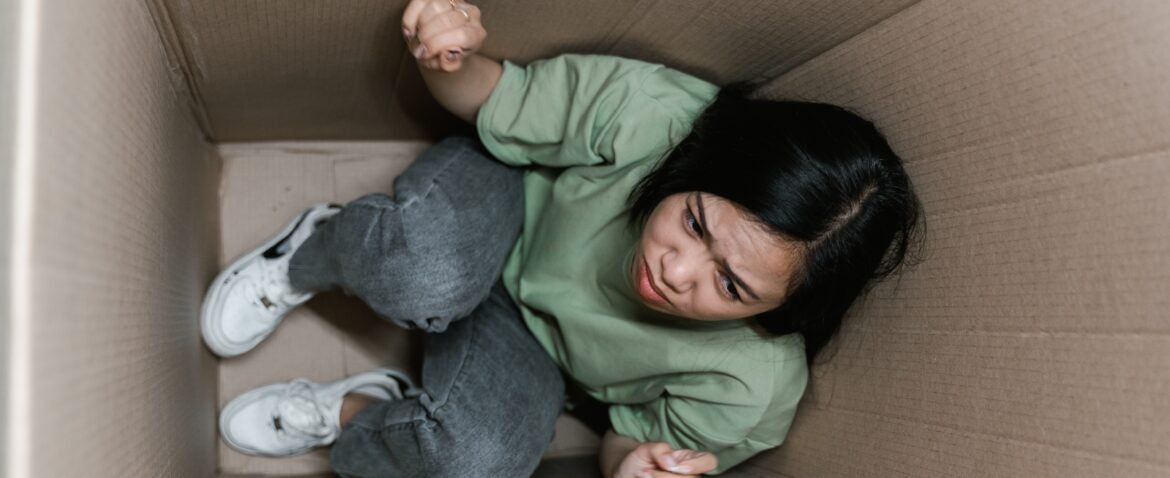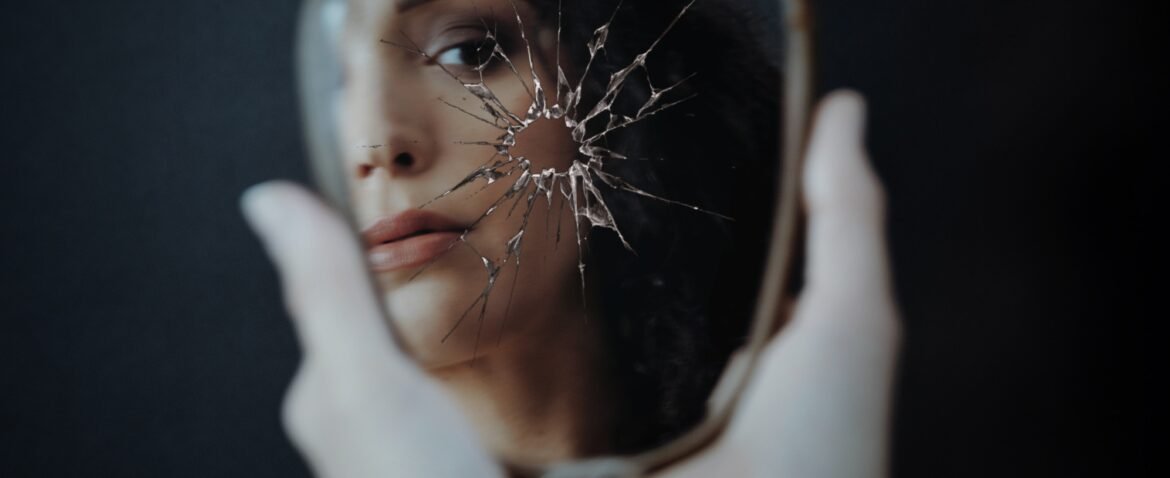Hypnotherapy for Claustrophobia
Did you know that the NHS estimates that around 10% of the UK population struggle with claustrophobia at some point in their lives? That’s not a small number! So, if this is your fight at the moment, it’s important to know that you’re not alone and there is a way out. Hypnotherapy for claustrophobia can help many feel significant relief and even heal completely. But what is claustrophobia exactly? Claustrophobia is an intense fear of enclosed spaces and getting stuck in them without a way out. It can be mild or severe, from you feeling uncomfortable in tight spaces to directly plunging into a panic attack. As it progresses, claustrophobia can become increasingly limiting to one’s everyday life – some may not be able to leave their house, or even room! That’s why it’s best to start treating it as early as possible. Symptoms of Claustrophobia Claustrophobia is one of the more famous phobias – irrational feelings of dread when the chances of something bad happening to us is extremely unlikely. People with phobias often go out of their way to avoid their triggers. Those suffering from claustrophobia will tend to avoid confined spaces like lifts, trains, planes, public toilets, revolving doors and so on. Such behaviour often leads to a lower quality of life because it becomes hard to enjoy everyday life. And it makes it almost impossible to travel! Claustrophobia symptoms can range in severity and may include: Sweating Trembling Difficulty breathing High blood pressure Tightness in the chest or chest pain Feeling sick or needing to go to the bathroom Feeling faint and dizzy Ringing in your ears Fear of dying Panic attacks If you’re thinking about how all that sounds a lot like anxiety, you’re right. People who suffer from claustrophobia often experience mild to severe anxiety, sometimes when even just thinking about certain triggers. And panic attacks aren’t that uncommon. It’s the kind of phobia that can easily escalate. If you don’t start treating it soon enough, it becomes so damn easy to just avoid the places that make you feel uncomfortable. And before you know it, your radius of movement becomes smaller and smaller as the world seems more dangerous. Claustrophobia limits not only your life, but also the lives of your loved ones as you become increasingly dependent on them. This puts a strain on personal relationships. So, let the people you care about become, besides your own happiness, yet another reason worth fighting for. Common Causes Traumatic events in childhood can cause claustrophobia later on in life. If you were ever abused, bullied, trapped or kept in a confined space, that may be what’s causing your phobia to flare up today. People whose parents have suffered from claustrophobia are also more likely to experience it in their lives because they might associate confined spaces with their parent’s intense emotional reactions. Sometimes, though, claustrophobia doesn’t stem from your childhood, but from a bad experience. Getting stuck on a train, locked up in a garage or going through some major turbulence while on a plane can all be strong negative emotional experiences. Especially if you’re already going through a very stressful period. Such events can send you in a downward spiral of anxiety, fear and avoidance. The sooner you manage to break away from the vicious circle, the better odds you’ll have in healing. But even if you can’t remember the last time you went out of the house, you can get better! It just might take more work. How Can Hypnotherapy for Claustrophobia Help you? So far, we’ve learned that claustrophobia can cause intense physical and psychological symptoms that push you into a fight or flight response. Also, it’s often caused by childhood trauma or bad experiences in enclosed spaces. Hypnotherapy can be an effective solution because it uses relaxation techniques to help your body come down from the fight-or-flight overdrive. Your hypnotherapist will try to create a safe space where you can feel comfortable and guide you to relax your muscles and slow your breathing down. You can also ask them to teach you some techniques that you can use on your own to intentionally relax in challenging situations. Learning how to self-soothe will help you gain more control over your body! Relaxation of the body opens up the path to the subconscious mind. This is where your hypnotherapist can guide you to observe and work through your past experiences and face your phobia at its core. It’s not easy work, though, and it may take you some time to get there. And that’s okay! Exposure therapy is important for treating any phobia and sometimes, a great starting point is in your head! Hypnotherapy can help you practice facing your triggers in your mind. Your hypnotherapist will encourage you and help you see how you can craft a new, mindful response to a dreadful situation. For example, hypnotherapy for claustrophobia can help you visualise calling an elevator. Standing at its open door. And then maybe even entering and taking a ride. Whatever it is, you can practice in your mind before doing it in real life. It’s especially useful if your claustrophobia is severe. It’s important to note that during a hypnotherapy session, you are not a passive participant, and the hypnotherapist is not a wizard that will just make your fears disappear. You have to actively work through your fear. Your hypnotherapist is there to support and guide you, so you’re not left alone when the going gets tough. If you feel like this approach might help you, I’d encourage you to give it a chance. Try hypnotherapy for claustrophobia in London and get your life back! Book a FREE consultation with me.


